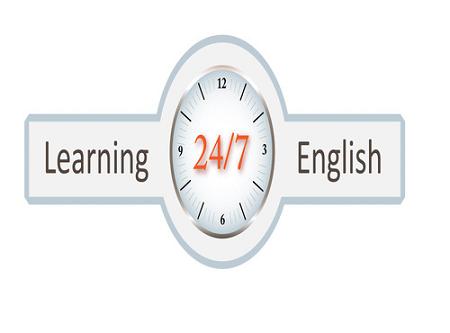
Bienvenido al maravilloso mundo del superverbo ‘to get’. Seguro que más de una vez te has topado con este verbo y te has preguntado, ¿qué significa este verbo en este contexto? Porque el contexto, en el caso de este verbo, resulta fundamental. Son tantos sus usos y significados, que necesitaremos dos entradas para dejarlo completamente explicado.

Comencemos por lo más elemental. Existen tres categorías básicas para el este verbo.
1.Get y sus diferentes significados.
2.Get + adjetivo o participio.
3.Get + preposición o phrasal verbs con get.
En este artículo, vamos a centrarnos en los dos primeros puntos.
Recuerda que ‘get’ es un verbo irregular:
To get – got – got
Get por sí mismo tiene muchos significados posibles. Aquí te mostramos los más comunes:
1.Recibir. Did you get the email I sent you?
2.Pagar. I got this sweater at the mall (centro comercial).
3.Llegar. Se dice ‘get to a place’, pero se elimina el ‘to’ cuando lo acompañamos de ‘home’, ‘here’, ‘there’, ‘somewhere’, ‘anywhere’…
She gets to the office before anyone.
Sam got home after his curfew (toque de queda).
4.Ir y traer algo de vuelta (en inglés existe un verbo que contiene toda esta acción, ‘to fetch”). If you’re going to the kitchen, can you get me a snack (un tentempié).
5.Coger en general. We got the bus at the new station.
6.Verse afectado por una enfermedad, “coger” una enfermedad. Her little girl got the chicken pox (varicela) at school.
7.Entender. I don’t get what you are saying.
8.Persuadir, obligar. They got their teacher to change the exam date.
9.Hacer, preparar. I’ll get dinner if you clean up the house.
10.Molestar. Her comment really got to me.
Get+ adjetivo
Cuando el verbo ‘to get’ va acompañado de un adjetivo, significa ‘convertirse’:
If you are in the street with no umbrella and it starts to rain, you get wet. En principio, tú estás seco y a continuación pasas a estar mojado.
Cuando se usa la forma continua expresa la idea de transición, de cambio:
I’ve been in front of the computer all morning. I’m getting tired. I still have plenty of energy, but I’m beginning to slow down.
También puedes usar ‘get’ con un participio pasado para referirse a la realización de una acción. Los participios usados más frecuentemente son: engaged (comprometido), married (casado), divorced (divorciado), lost (perdido), dressed (vestido), changed (cambiado)y washed (limpio/limpiado).
Si unimos estos participios con ‘get’, la traducción suele corresponderse con la forma reflexiva en castellano:
She got married when she was 20 years old. – Ella se casó con 20 años.
